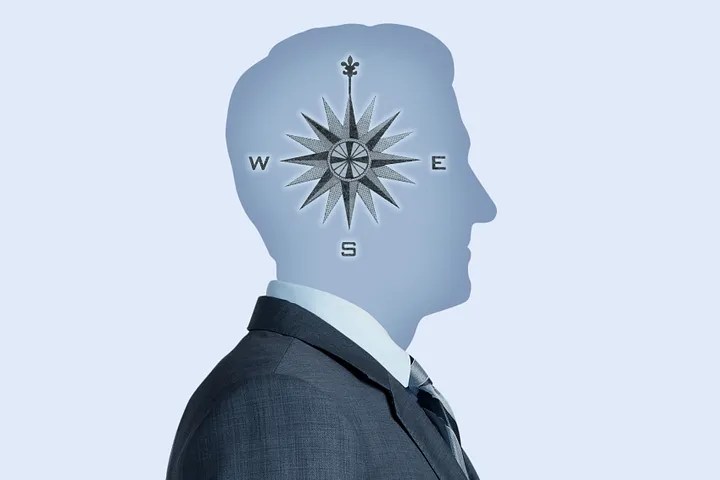
On Tuesday, January 14, New York Fed President John Williams spoke at an event hosted by the Banking Standards Board, the New York Fed, and the London School of Economics about culture in the financial services sector.
He said:
“Culture is created — intentionally or otherwise — by the structures, incentives, and behavioral norms that shape our working lives.”
“Creating a positive work culture is challenging and ongoing work. And there’s no silver bullet that can solve cultural problems overnight.”
“[T]he solutions to challenges related to a firm’s culture are unlikely to be found if we keep our focus narrowly trained on our own specialties. We have so much to learn from experts in psychology, ethics, and management.”
In his speech, President Williams said “culture is at the heart of behavior and norms, and the single most important factor driving the decision-making of employees.” He added, “It’s not an exaggeration to say that culture is critical — both when things go right, and when they go wrong.” Turning to the financial services industry, he said: “Instances of fraud, money laundering, and scandals related to foreign exchange and LIBOR continue to make the headlines,” putting “a spotlight on the essential role of robust regulation and strict enforcement.”
But, he said, “illicit and unethical behavior is rarely the result of an isolated ‘bad apple.’ It’s more often the symptom of a rotten culture. And rotten cultures don’t appear overnight — nor for that matter do positive, inclusive ones, where people feel empowered and accountable to upholding the values of the organization.” He pointed out that “Employees may enter an organization with a strong sense of right and wrong. What they may not realize is that group norms can exert a powerful magnetic pull on their moral compass.” And he noted that “As financial services professionals with great technical expertise, we often fall into the trap of thinking we can solve all of our problems on our own. But we have so much to learn from experts in other fields.”
Discussing his own experience as a CEO, he said: “Somewhat paradoxically, focusing on principled decision making and accountability, rather than relying exclusively on rules and policies, can be the most effective safeguard against wrongdoing and unethical behavior.”
Concluding his remarks, President Williams said that when it comes to culture, he “encourage[s] everyone to look beyond their own lens of expertise” and noted that there is “much to learn from experts in psychology, ethics, and management.”
This article was originally published by the New York Fed on Medium.
The views expressed in this article are those of the contributing authors and do not necessarily reflect the position of the New York Fed or the Federal Reserve System.










